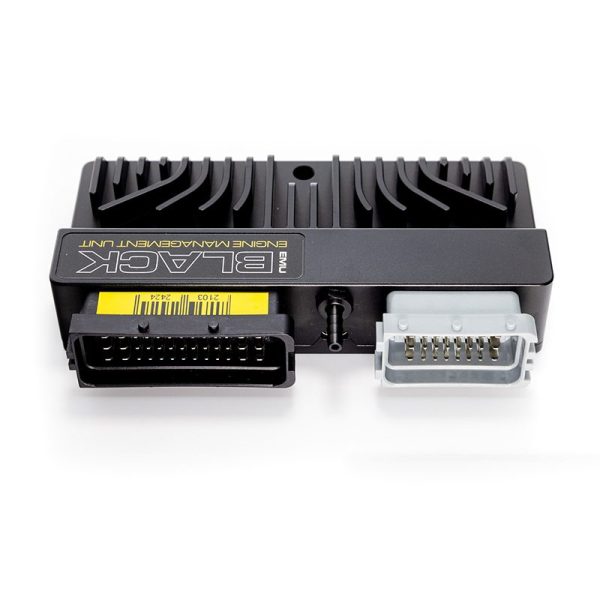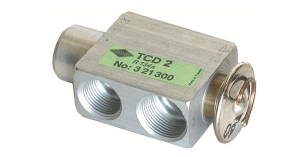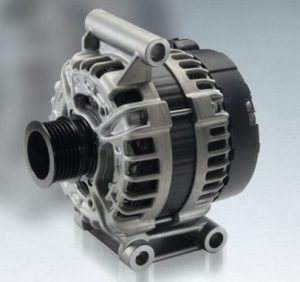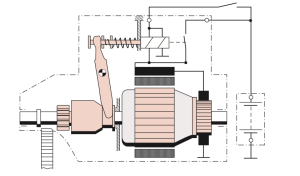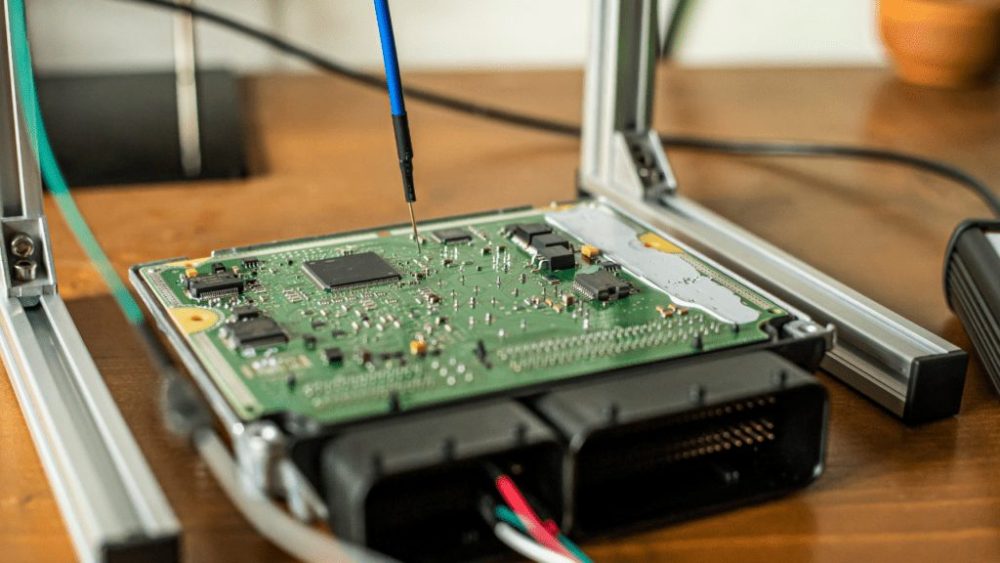
An engine control unit (ECU) is a critical component of modern automobiles, responsible for controlling and monitoring various aspects of the engine’s performance. A standalone ECU, as the name suggests, is a self-contained unit that is not integrated with any other component of the vehicle’s electronic system. In this blog post, we will discuss what a standalone ECU is, how it works, and why it’s essential for high-performance vehicles.
What is a Standalone ECU?
A standalone ECU is an aftermarket device that is designed to replace the original equipment manufacturer (OEM) ECU in a vehicle. These units are designed to provide better control and customization of the engine’s performance than the OEM ECU. The standalone ECU is programmed to monitor and control various engine parameters such as fuel delivery, ignition timing, boost pressure, and much more.
How Does a Standalone ECU Work?
A standalone ECU works by monitoring various sensors throughout the engine and adjusting the engine’s performance based on the input from those sensors. The ECU uses a set of pre-programmed algorithms to determine how the engine should perform in response to specific input. The user can also customize the ECU’s programming to tailor the engine’s performance to their specific needs.
One of the primary benefits of a standalone ECU is that it allows for complete control of the engine’s performance. This level of control is not possible with an OEM ECU, which is designed to meet a wide range of emission and safety regulations while maintaining reliability and drivability.
Why is a Standalone ECU Important?
A standalone ECU is critical for high-performance vehicles that require precise control of engine parameters to achieve optimal performance. These vehicles often have aftermarket performance upgrades such as turbochargers, superchargers, and high-performance fuel injectors that require more precise control than the OEM ECU can provide.
A standalone ECU can also provide better fuel efficiency and increased power output by optimizing the engine’s performance based on specific driving conditions. This level of customization is not possible with an OEM ECU, which is designed to provide a one-size-fits-all solution.
Additionally, a standalone ECU can help diagnose engine problems by providing more detailed information on engine performance and potential issues. This information can be used to identify and address issues before they become more significant problems that require costly repairs.
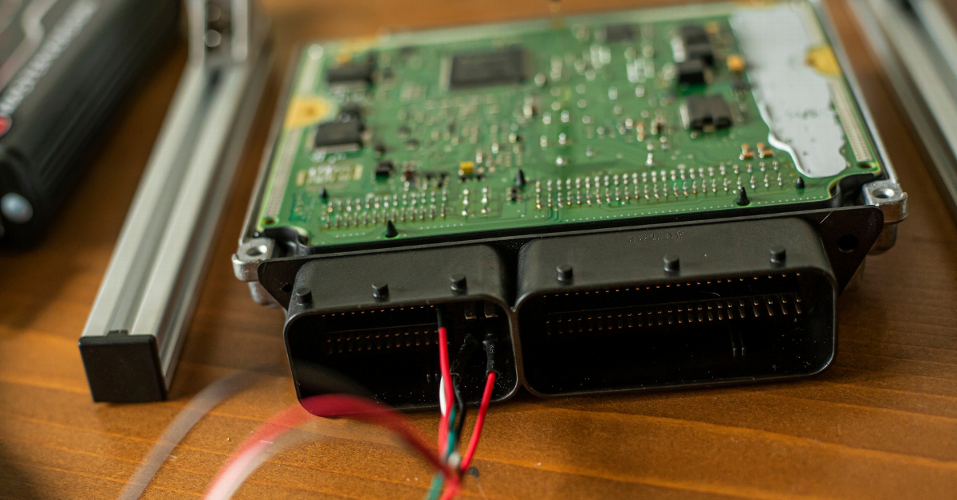
In Conclusion
A standalone ECU is an essential component for high-performance vehicles that require precise control of engine parameters to achieve optimal performance. These units provide better control, customization, and diagnosis of engine performance than the OEM ECU. By providing a more tailored solution, standalone ECUs can help improve fuel efficiency, increase power output, and identify and address potential engine issues before they become more significant problems.
Sure, let me explain more about the various components and functions of a standalone ECU.
Components of a Standalone ECU
A standalone ECU typically consists of several components, including:
- Main Processor: This is the central processing unit (CPU) of the ECU, responsible for executing commands and making decisions based on the input from various sensors.
- Input and Output Channels: These channels are responsible for receiving input from various sensors and controlling the engine’s actuators, such as fuel injectors, spark plugs, and throttle bodies.
- Memory: The memory stores the ECU’s programming and calibration data.
- Power Supply: The power supply provides the ECU with the necessary power to function.
- Communication Port: The communication port allows the user to connect to the ECU and make adjustments to the programming and calibration.
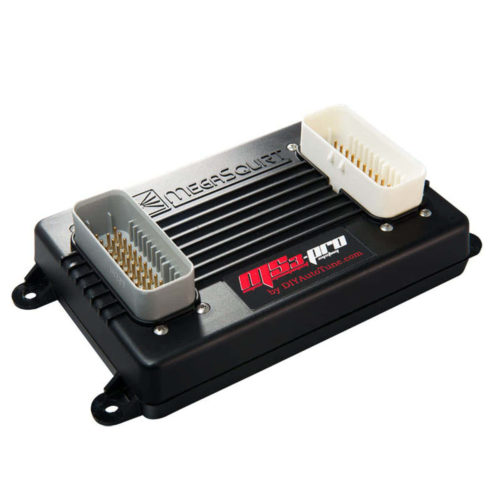
Functions of a Standalone ECU
A standalone ECU performs several critical functions, including:
- Fuel Delivery: The ECU is responsible for controlling the amount of fuel delivered to the engine by adjusting the fuel injectors’ opening and closing times.
- Ignition Timing: The ECU controls the ignition timing by determining the optimal time to spark the spark plugs, resulting in better engine performance and increased power output.
- Boost Control: For turbocharged or supercharged engines, the ECU controls the boost pressure by adjusting the wastegate or bypass valve to optimize performance.
- Engine Protection: The ECU monitors various engine parameters, such as coolant temperature, oil pressure, and air/fuel ratio, to protect the engine from damage caused by overheating or other issues.
- Data Logging: The ECU can record various engine parameters, such as engine speed, air/fuel ratio, and ignition timing, to help diagnose issues and fine-tune engine performance.
Advantages of a Standalone ECU
There are several advantages to using a standalone ECU over an OEM ECU, including:
- Increased Power Output: A standalone ECU can provide more precise control over engine parameters, resulting in increased power output and improved performance.
- Customizable: A standalone ECU can be customized to meet the specific needs of the user, allowing for greater control over the engine’s performance.
- Improved Fuel Efficiency: By optimizing the engine’s performance based on specific driving conditions, a standalone ECU can help improve fuel efficiency.
- Better Diagnostics: A standalone ECU provides more detailed information on engine performance, making it easier to diagnose and address issues before they become more significant problems.
Conclusion
In summary, a standalone ECU is a critical component for high-performance vehicles that require precise control of engine parameters to achieve optimal performance. These units provide better control, customization, and diagnosis of engine performance than the OEM ECU, resulting in increased power output, improved fuel efficiency, and better engine protection.
Advantages of Standalone ECU:
- Increased Power Output: One of the most significant advantages of a standalone ECU is the increased power output it can provide. By providing more precise control over the engine’s parameters, a standalone ECU can optimize the engine’s performance and boost its power output.
- Customization: A standalone ECU allows for greater customization of the engine’s performance. This level of customization is not possible with an OEM ECU, which is designed to meet a wide range of emission and safety regulations while maintaining reliability and drivability.
- Improved Fuel Efficiency: A standalone ECU can help improve fuel efficiency by optimizing the engine’s performance based on specific driving conditions. This can result in significant fuel savings over time.
- Better Diagnostics: A standalone ECU provides more detailed information on engine performance, making it easier to diagnose and address issues before they become more significant problems. This can save time and money on costly repairs.
- Engine Protection: A standalone ECU can monitor various engine parameters, such as coolant temperature, oil pressure, and air/fuel ratio, to protect the engine from damage caused by overheating or other issues.
Disadvantages of Standalone ECU:
- Cost: A standalone ECU can be expensive, especially if it’s designed for high-performance applications. The cost of the ECU may be prohibitive for some users, especially those on a budget.
- Complexity: A standalone ECU is typically more complex than an OEM ECU, requiring a greater level of technical knowledge and expertise to install and calibrate properly. This may be a barrier to entry for some users.
- Warranty: Installing a standalone ECU may void the vehicle’s warranty, as it is an aftermarket component that alters the original equipment.
- Tuning: A standalone ECU requires tuning to optimize the engine’s performance. This may require a significant amount of time and effort, especially for those who are not familiar with the tuning process.
- Compatibility: A standalone ECU may not be compatible with all vehicles, especially older models or those with complex electronic systems.
Conclusion: While a standalone ECU provides significant advantages in terms of increased power output, customization, improved fuel efficiency, better diagnostics, and engine protection, it also has some disadvantages, including high cost, complexity, potential warranty issues, tuning requirements, and compatibility issues. Ultimately, the decision to install a standalone ECU should be based on the specific needs and requirements of the user.

